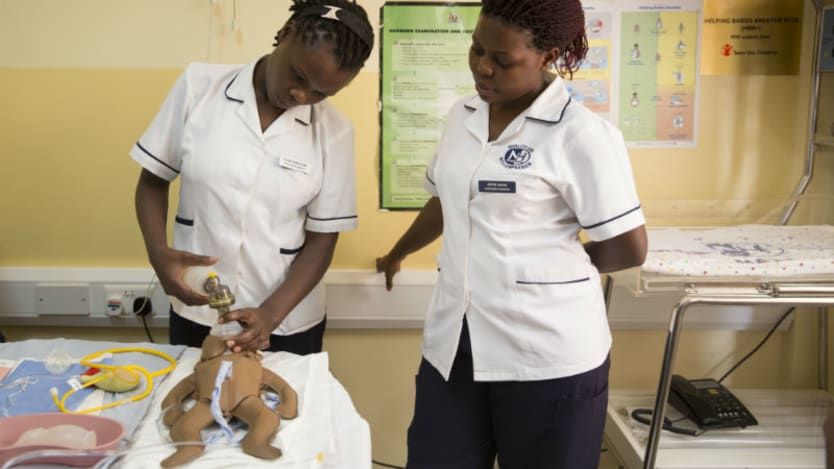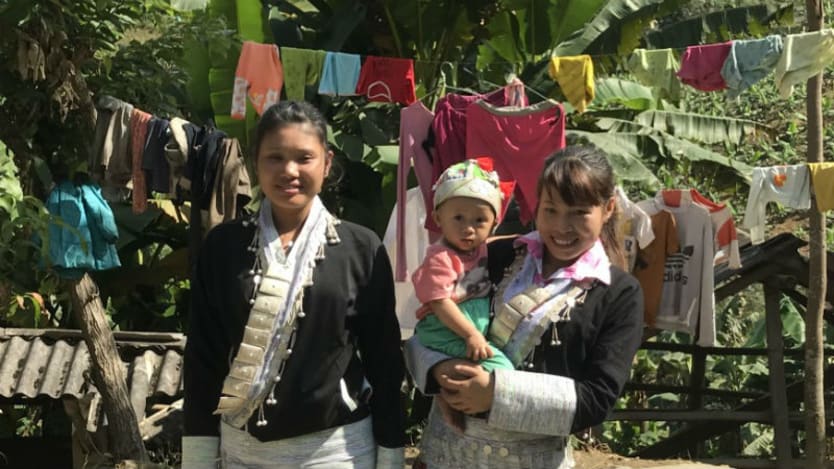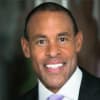
While we all can agree that health is at the heart of human progress, too many people around the world today are still unable to access even the most basic health care. Our world's gains in knowledge and innovation are compromised by the rising shortage of skilled health workers, and this shortage means that global targets for access to health care are in jeopardy.
“With bold actions we can make today to support health heroes, a healthy world is possible — and that can, and will, change everything.”
— Michael Sneed, executive vice president of global corporate affairs and chief communication officer, Johnson & JohnsonThe good news is that more partners focused on health — including private companies — recognize the unique role and responsibility we all have to reduce inequities that persist in our world. For the private sector, this means increasing access not only to products but to the workers who hold up the health system. At Johnson & Johnson, the focus of our business is health, but we have also put a high priority on innovating to build a strong health workforce around the world.
When Bill and Lisa's son, Dylan, was born, his oxygen levels were critically low. Congenital heart disease is the most common birth defect, affecting approximately 40,000 babies born in the U.S. each year. For Dylan, a simple test pioneered by a pediatric cardiology nurse, Elizabeth Mikula, screened him to measure his heart rate and blood oxygen levels to diagnose CHD before he could become sick. Thanks to Elizabeth and her team's ingenious intervention to use a pulse oximeter, thousands of infants, such as Dylan, in 47 states in the U.S. have a better opportunity to lead healthier lives. Each day, the skills and leadership of health champions, such as Elizabeth, change the trajectory of health for children, families, and communities.
This year, we join the Global Citizen Festival, the World Health Organization, government partners, and civil society to create a new Health for All Alliance. The Health for All Alliance will combine knowledge and resources to support essential health care for each person. It’s a partnership driven by a shared determination and the belief that everyone, no matter where they live, can access the care they need.
Each partner in the alliance will come to the table with measurable objectives to ensure that people have access to health services, products, and care. For Johnson & Johnson, empowering people on the frontlines of care does not only mean increasing the sheer number of health workers but also improving the support systems that enable health workers to provide quality care. By 2020, we will reach 450,000 health workers with clinical education, digital health innovations, and leadership skills training.

We will also prioritize areas of opportunity to strengthen health systems. For example, 5 out of 7 billion people in the world are cared for by women health workers, yet women still face barriers that prevent them from achieving leadership roles. This is why a central tenet of our pledge in the Health for All partnership will ensure that 75 percent of the graduates from J&J’s world-class health leadership and management training programs are women.
Health workers are the agents of social change we need to achieve a vision of access to care for all. They run toward the disasters and the outbreaks when others run for cover. They operate in places, sometimes against all odds, to deliver the quality care everyone deserves. And we must all come together to innovate and find new ways to support them.
With bold actions we can make today to support health heroes, a healthy world is possible — and that can, and will, change everything.
Update, Oct. 1, 2018: This article has been updated to clarify that the Health for All Alliance was announced at the 2018 Global Citizen Festival in New York.








